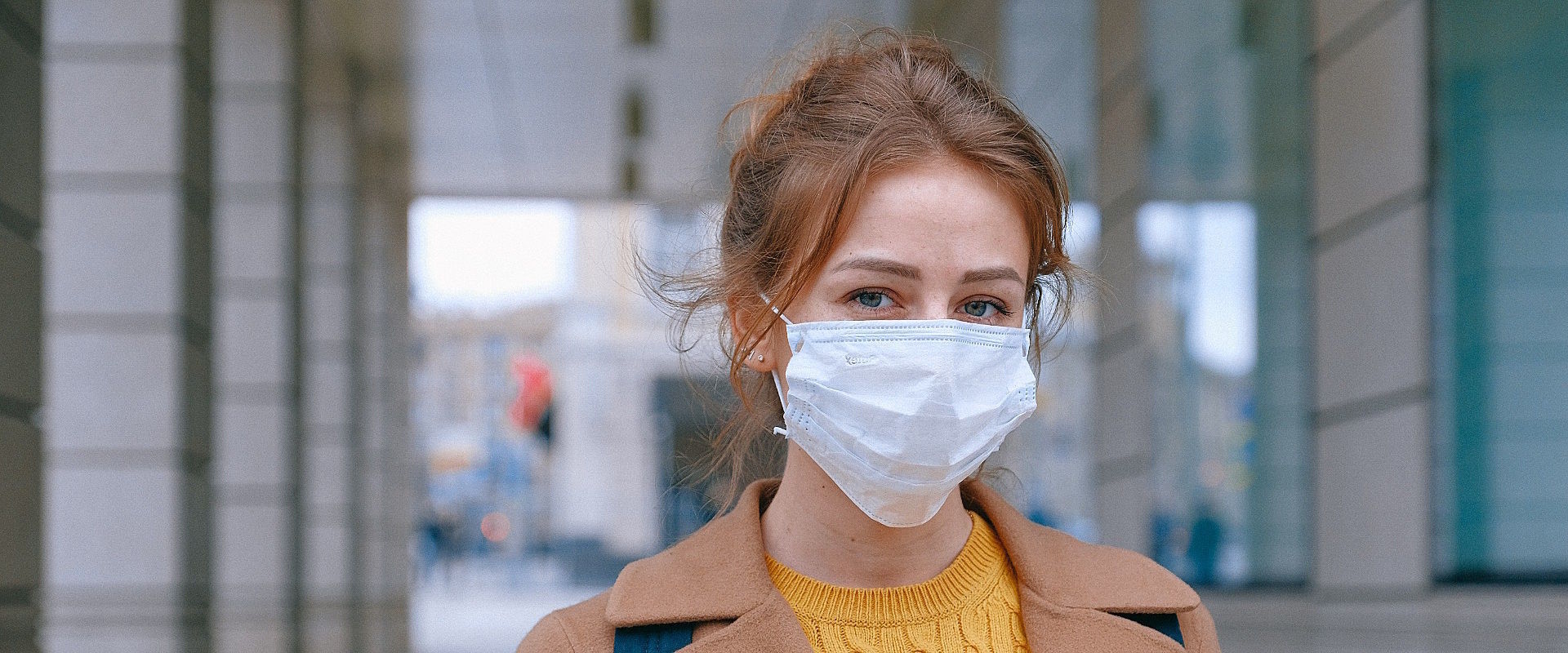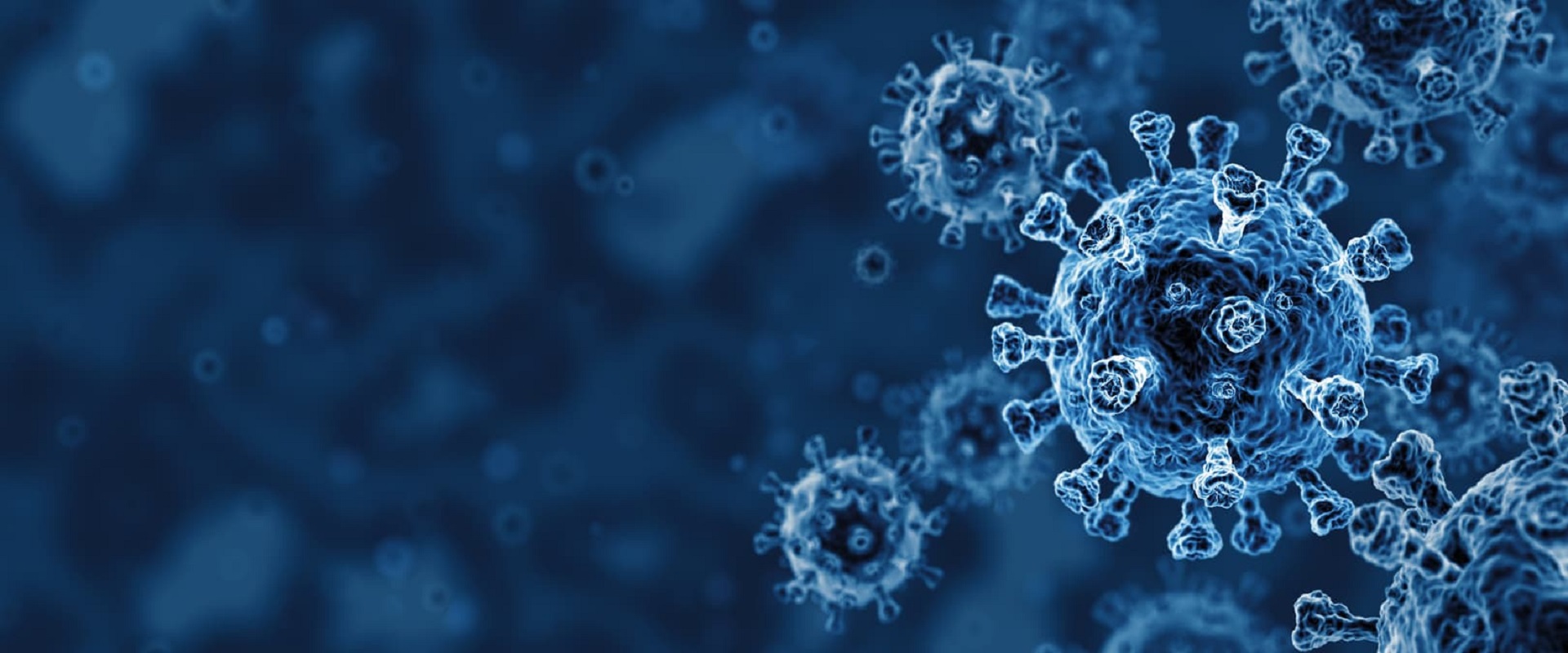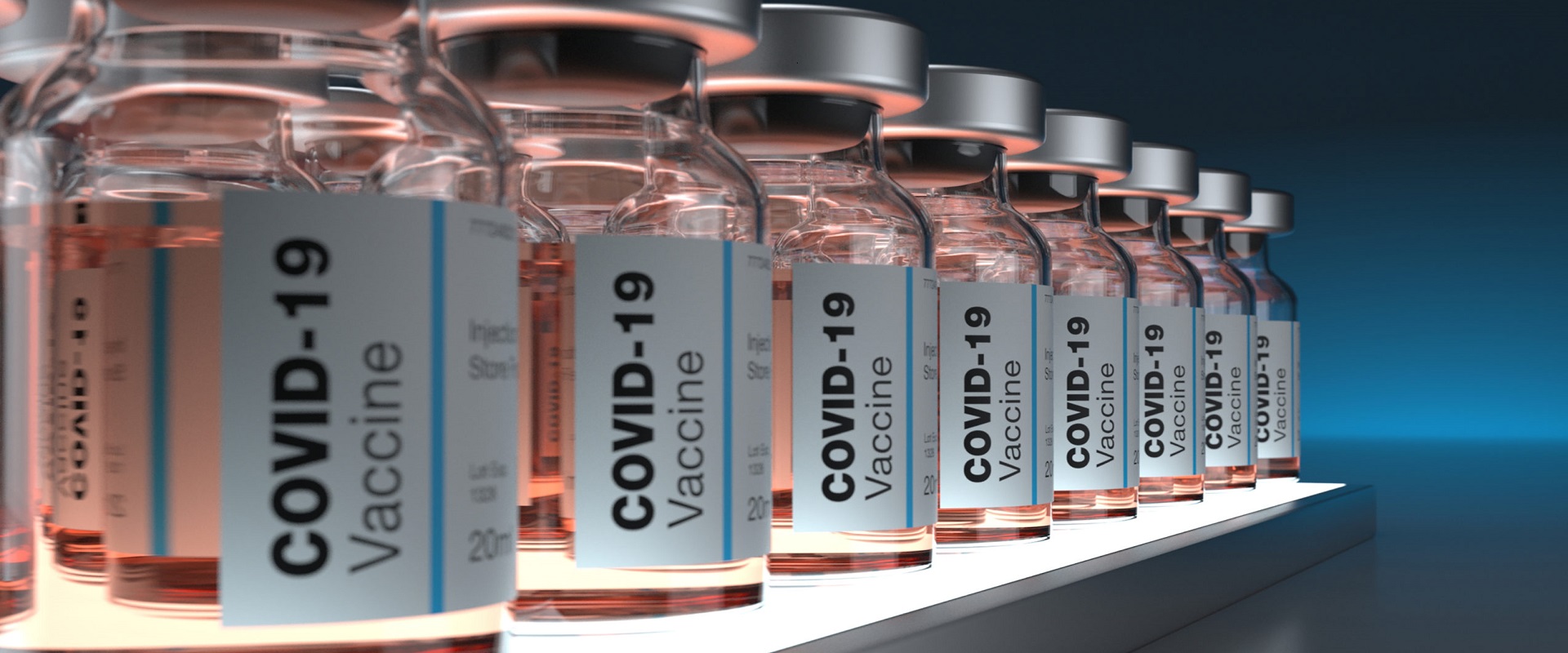
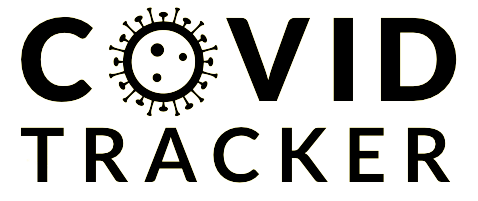
Coronavirus disease (COVID-19) is an infectious disease caused by the SARS-CoV-2 virus.
Most people infected with the virus will experience mild to moderate respiratory illness and recover without requiring special treatment. However, some will become seriously ill and require medical attention. Older people and those with underlying medical conditions like cardiovascular disease, diabetes, chronic respiratory disease, or cancer are more likely to develop serious illness. Anyone can get sick with COVID-19 and become seriously ill or die at any age.
The best way to prevent and slow down transmission is to be well informed about the disease and how the virus spreads. Protect yourself and others from infection by staying at least 1 metre apart from others, wearing a properly fitted mask, and washing your hands or using an alcohol-based rub frequently. Get vaccinated when it’s your turn and follow local guidance.
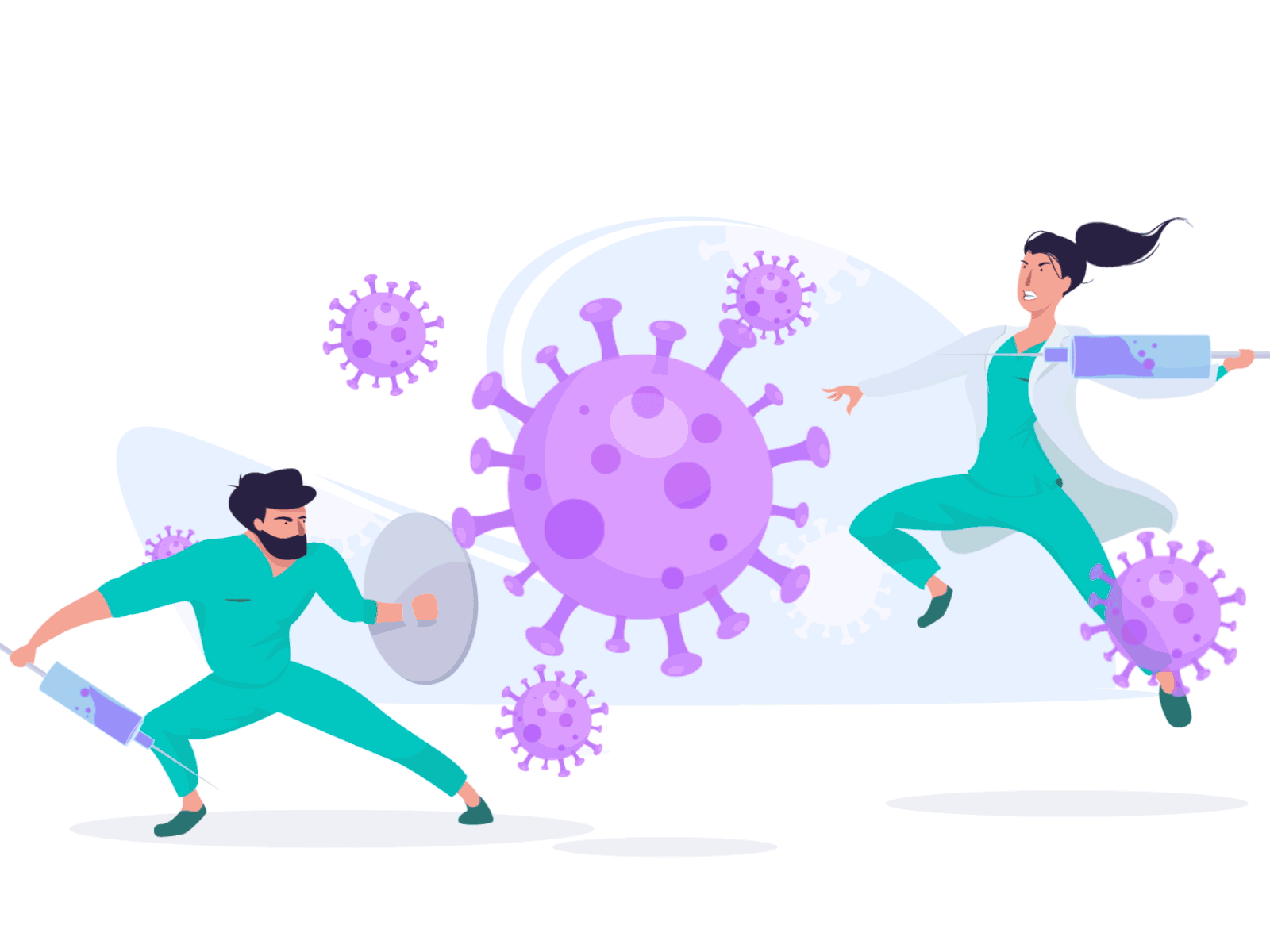
Prevention
Get vaccinated when a vaccine is available to you.
Stay at least 1 metre apart from others, even if they don’t appear to be sick.
Wear a properly fitted mask when physical distancing is not possible or when in poorly ventilated settings.
Wash your hands regularly with soap and water or clean them with alcohol-based hand rub.
Cover your mouth and nose when coughing or sneezing.
If you feel unwell, stay home and self-isolate until you recover.
News
Vaccination
54.6% of the world population has received at least one dose of a COVID-19 vaccine. 8.07 billion doses have been administered globally, and 32.74 million are now administered each day. Only 6% of people in low-income countries have received at least one dose.
International
The 'at-risk' countries (updated on November 30, 2021) are countries in Europe, including the United Kingdom, South Africa, Brazil, Botswana, China, Mauritius, New Zealand, Zimbabwe, Singapore, Hong Kong and Israel.
India
India began its vaccination programme on 16 January 2021 with AstraZeneca vaccine (Covishield) and the indigenous Covaxin. Later, Sputnik V and the Moderna vaccine was approved for emergency use too. As of 17 August 2021, the country had administered over 550 million vaccine doses. On 21 October 2021, at 9:47 AM according to the Co-WIN portal, India crossed 100 crore (1 billion) doses.
